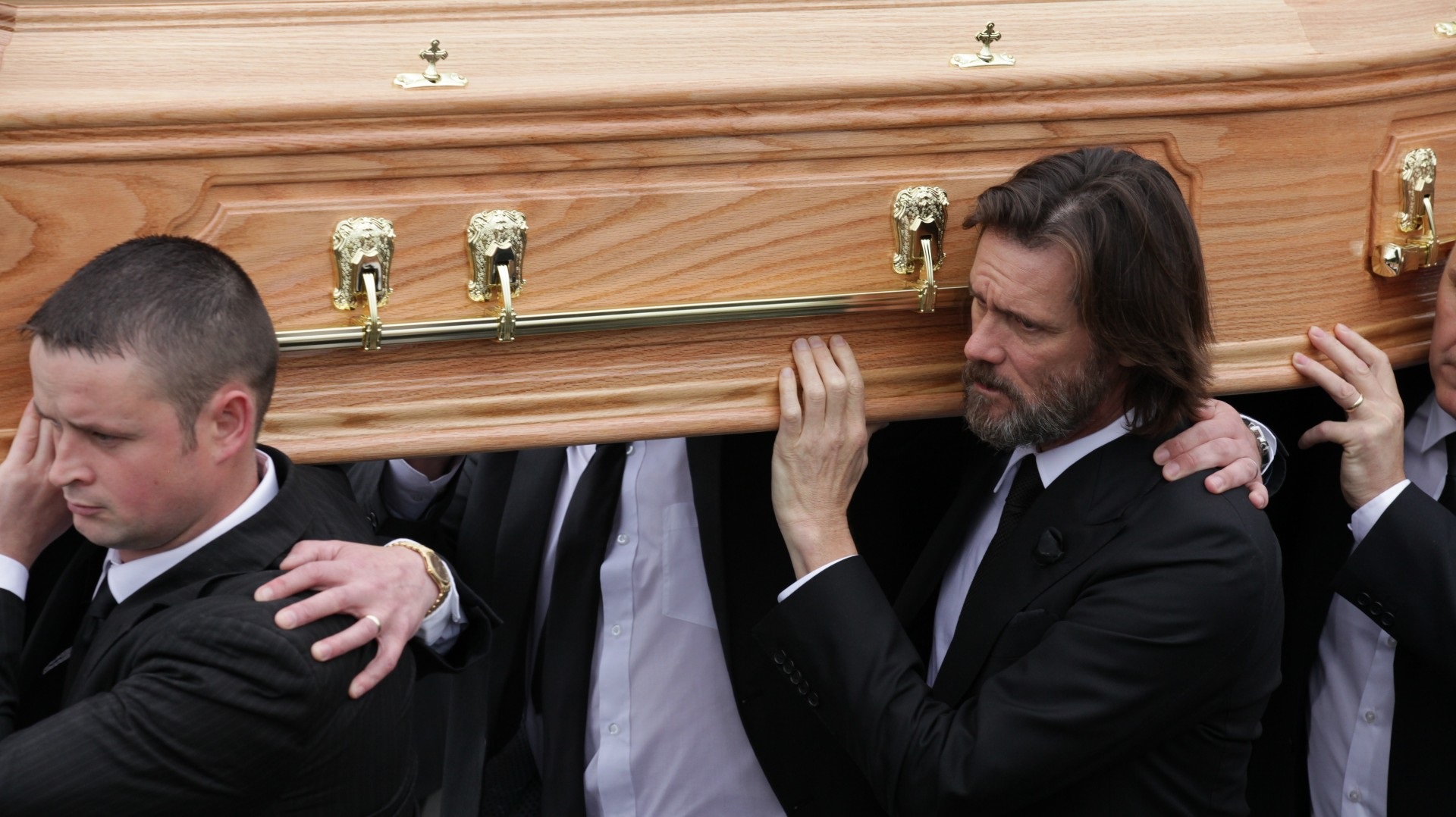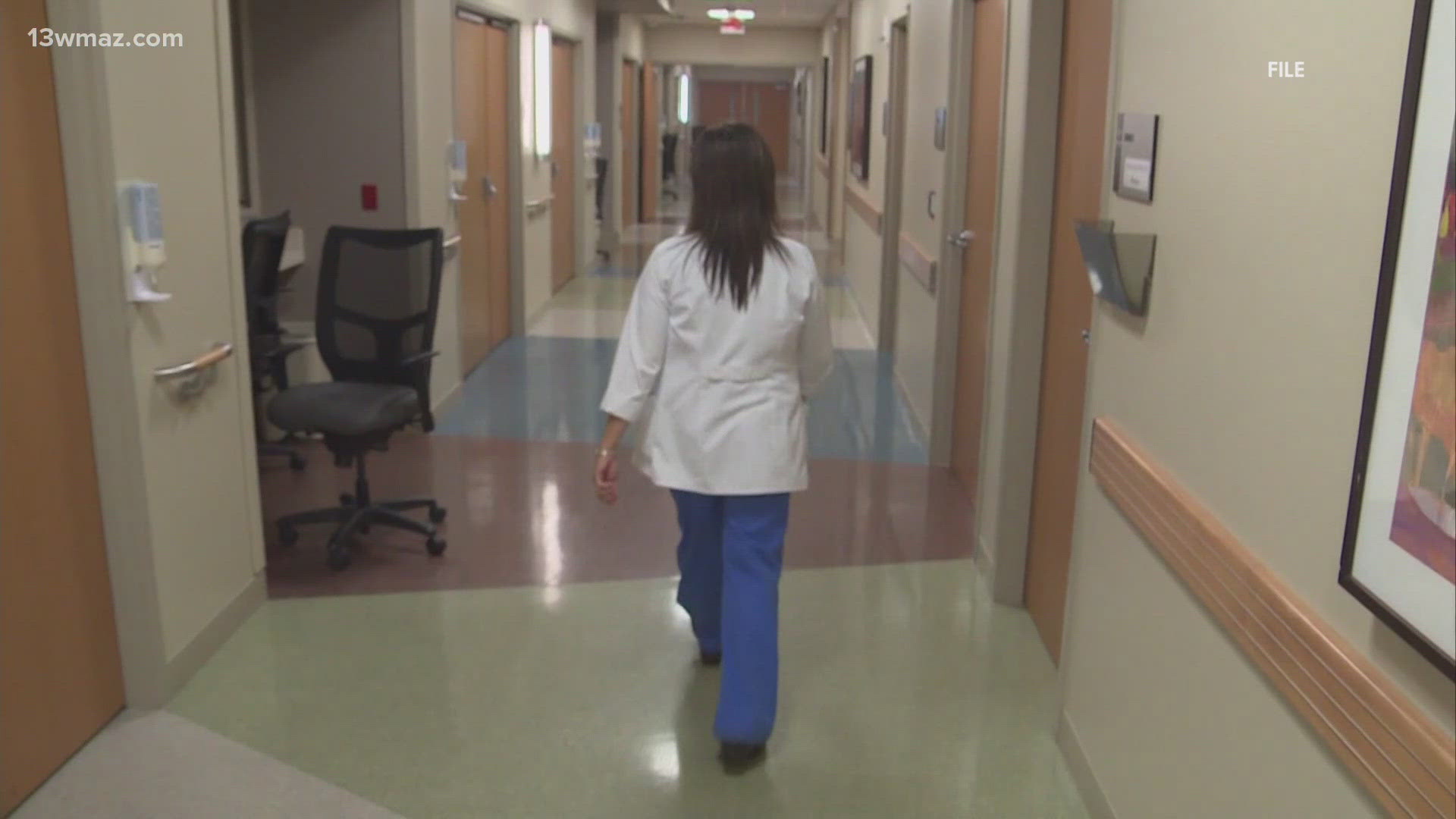Jim Carrey responded late Monday to a wrongful death lawsuit and accusations from his late girlfriend's husband of illegally obtaining and giving her the powerful painkillers she used to kill herself in September 2015.
The lawsuit was filed in Los Angeles by Mark Burton, an Oregon man who was married to Cathriona White, 30, at the time of her death, when she had been in a relationship with Carrey. Burton's suit attempts to strip Carrey of his "grieving good guy" image and paints him as reckless and deceitful before and after White's death.
The Irish-born makeup artist was found dead in a Sherman Oaks, Calif., home on Sept. 28, 2015; the Los Angeles County coroner's office later ruled White took her own life by overdosing on prescription drugs, including Ambien, Propranolol and Percocet (oxycodone).
"After obtaining these drugs illegally and under a bogus name ('Arthur King'), Mr. Carrey proceeded to provide the prescription drugs to ... Cathriona White," despite knowing that White was "prone to depression and had previously attempted to take her own life," the lawsuit states. "The result that followed was predictable and foreseeable."
Afterward, Burton's lawsuit says, Carrey tried to "conceal and obfuscate his involvement and culpability in Ms. White's untimely and tragic death."
The lawsuit does not specify how much money Burton is seeking but it does demand a jury trial.
Carrey responded late Monday. “What a terrible shame. It would be easy for me to get in a back room with this man’s lawyer and make this go away, but there are some moments in life when you have to stand up and defend your honor against the evil in this world," said the actor, in a statement emailed to USA TODAY by his publicist.
Carrey's statement continued: "I will not tolerate this heartless attempt to exploit me or the woman I loved. Cat’s troubles were born long before I met her and sadly her tragic end was beyond anyone’s control. I really hope that some day soon people will stop trying to profit from this and let her rest in peace.”
Among the allegations in the lawsuit:
Carrey had surveillance cameras on the home where White stayed and was able to remotely keep track of her comings and goings. Before she was discovered, Carrey's assistant checked the camera and noticed White had not moved from the home for more than 24 hours. "After learning of this fact, neither Carrey nor his assistant alerted authorities," the suit says.
The drugs found in White's body all came from three pill bottles found near her body and bearing the name "Arthur King." The suit says Carrey got the drugs from a doctor who conspired with Carrey to illegally prescribe them to him under the false name of Arthur King.
"Carrey wrongfully and illegally obtained these drugs in clear violation of California law," the suit says.
Burton's suit says Carrey sent a bogus text message to White on Sept. 27, when she was already dead, pretending he had misplaced the drugs and "insinuating White may have taken them from Carrey without his knowledge, when in reality Carrey knew full well that he had voluntarily and illegally provided the fraudulently obtained and prescribed drugs to White days prior," the lawsuit says.
Carrey's offer to pay for White's funeral in Ireland was merely an effort to paint him as a "grieving good guy" as opposed to someone closely involved in her death, according to the suit.
But Burton's suit says Carrey never paid anything of the funeral expenses. "Instead, Carrey reneged on his promise after learning that White had left a minimal amount of money to her family," the suit says. "Not surprisingly, he never informed the media of his broken promise and decision to stiff the family."


